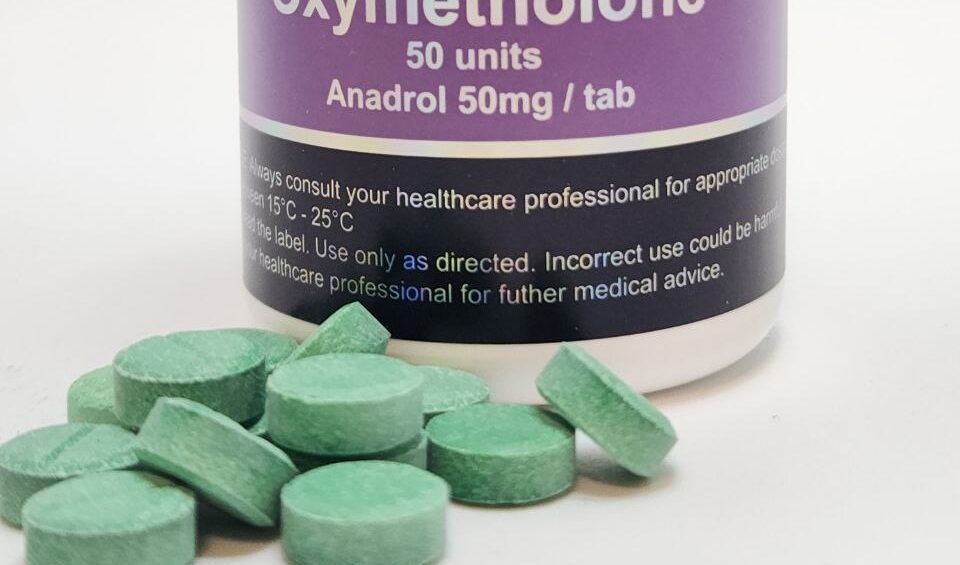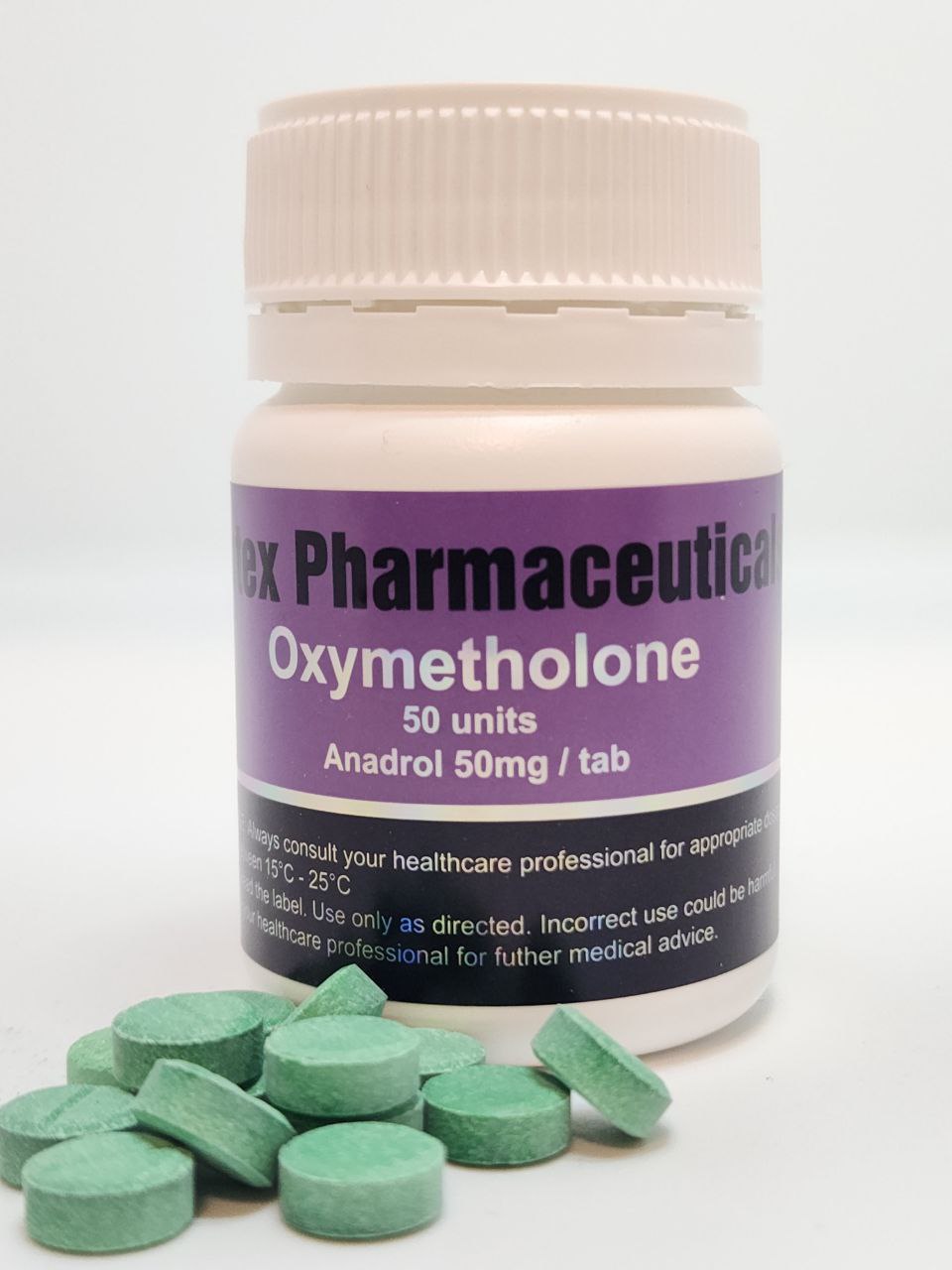Maximizing Muscle Growth with steroids

In Australian fitness, optimizing muscle growth is a shared ambition among dedicated athletes and enthusiasts. While rigorous training and a balanced diet remain integral, the strategic use of steroids can significantly enhance muscle hypertrophy. This article delves into the role of steroids in promoting muscle growth.
Enhancing Muscle Growth with Steroids:
To accelerate muscle growth, Australians are turning to steroids as vital tools. The use of these supplements aligns with two primary principles: mechanical tension and metabolic stress, both of which are prompted through resistance training.
- Mechanical Tension: This stems from the physical stress exerted on muscles during resistance exercises, leading to microtears within muscle fibers.
- Metabolic Stress: It refers to the build-up of metabolic byproducts, such as lactic acid, during high-intensity training, fostering an ideal milieu for muscle development.
Other Performance Supplements for Australians:
- Protein Supplements: In Australia, the popularity of protein supplements, particularly whey protein, is on the rise. These supplements provide a convenient source of high-quality protein, aiding muscle repair and growth.
- Creatine Monohydrate: Among the most extensively researched supplements for muscle growth, creatine enhances ATP production, enabling higher training intensity and, consequently, muscle development.
- Branched-Chain Amino Acids (BCAAs): BCAAs, including leucine, isoleucine, and valine, curb muscle protein breakdown and facilitate muscle protein synthesis—crucial processes for muscle growth.
- Beta-Alanine: This supplement boosts muscular endurance and helps delay fatigue during demanding workouts, allowing you to sustain high training volume for substantial muscle growth.
- HMB (Beta-Hydroxy Beta-Methylbutyrate): HMB exhibits the potential to minimize muscle protein breakdown and elevate muscle protein synthesis, potentially intensifying muscle growth and strength.
Achieving remarkable muscle growth in involves not only dedication to resistance training and a balanced diet but also harnessing the potential of steroids. These supplements complement your fitness journey by providing the essential elements required for muscle repair, recovery, and growth. When used judiciously alongside a well-rounded training regimen, steroids can be instrumental in achieving substantial gains in muscle mass. However, always seek guidance from healthcare professionals or fitness experts to ensure safe and effective use. Whether you’re a seasoned athlete or embarking on your fitness journey, leverage the power of steroids to unlock your full potential for muscle growth.











